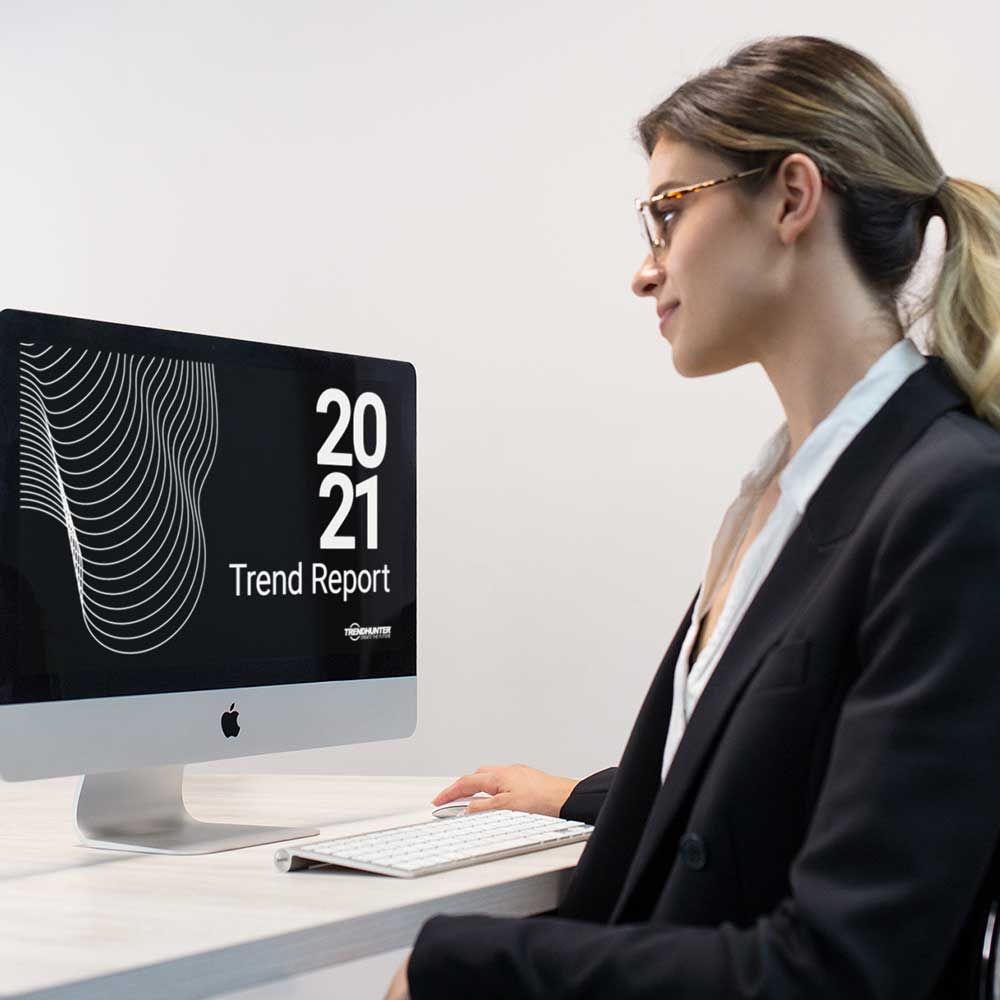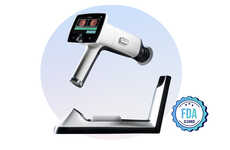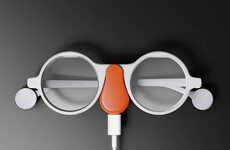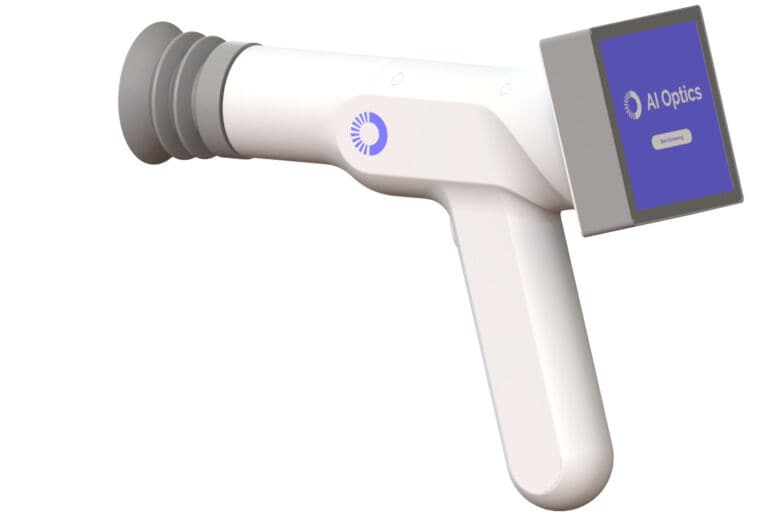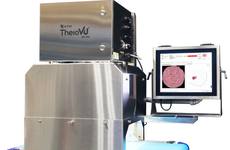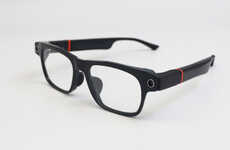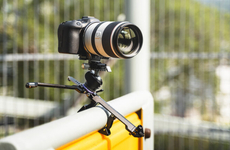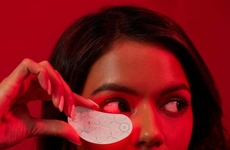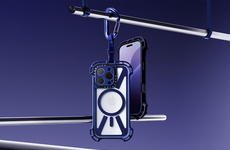
AI Optics Revolutionizes Eye Health Diagnostics
AI Optics is introducing a new AI-powered retinal screening device designed to enhance accessibility to eye health diagnostics. The startup, based in New York, has developed a handheld device that integrates advanced imaging technology and artificial intelligence to provide rapid retinal screenings. This innovation aims to address the limitations of traditional retinal screening methods, such as geographical barriers, high costs, and inconvenience.
AI Optics' AI-powered retinal screening device is intended to be used during routine visits with primary care providers. The brand claims its innovation will allow medical assistants to perform screenings and receive results in under two minutes. This approach could potentially increase early detection of conditions like diabetic retinopathy, glaucoma, and macular degeneration, which are leading causes of blindness.
AI Optics plans to deploy this technology in primary care settings and expand its use to home health providers, retail clinics, and opticians.
Image Credit: AI Optics
AI Optics' AI-powered retinal screening device is intended to be used during routine visits with primary care providers. The brand claims its innovation will allow medical assistants to perform screenings and receive results in under two minutes. This approach could potentially increase early detection of conditions like diabetic retinopathy, glaucoma, and macular degeneration, which are leading causes of blindness.
AI Optics plans to deploy this technology in primary care settings and expand its use to home health providers, retail clinics, and opticians.
Image Credit: AI Optics
Trend Themes
1. AI-driven Healthcare Devices - The rise of AI-driven healthcare devices marks a shift towards more accessible and efficient diagnostics, particularly for eye health.
2. Handheld Diagnostic Tools - Handheld diagnostic tools equipped with advanced imaging and AI offer quicker and more convenient health screenings, addressing traditional healthcare barriers.
3. Automation in Medical Screenings - Automation in medical screenings allows non-specialists to conduct important diagnostic tests, potentially revolutionizing routine health assessments.
Industry Implications
1. Biomedical Technology - Biomedical technology innovations like AI-powered retinal screening devices are enhancing the capacity to diagnose and treat eye conditions in diverse settings.
2. Primary Healthcare - Primary healthcare settings are increasingly integrating sophisticated tools that empower medical assistants to perform high-precision diagnostics.
3. Home Health Services - Home health services benefit from portable and easy-to-use diagnostic devices, facilitating in-home screenings and expanding healthcare accessibility.
6.9
Score
Popularity
Activity
Freshness
